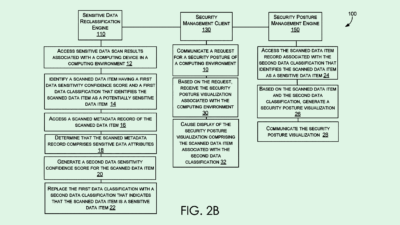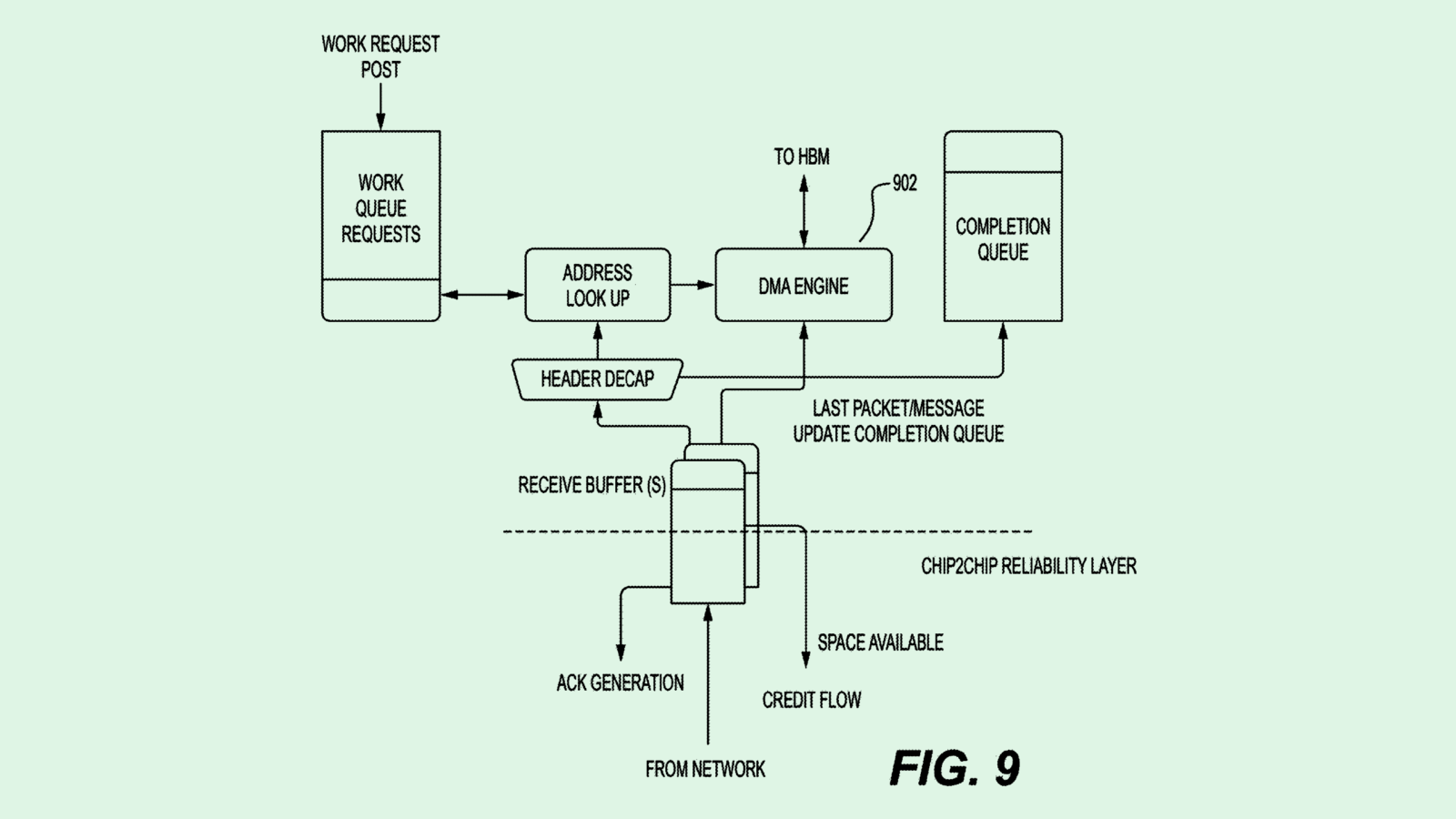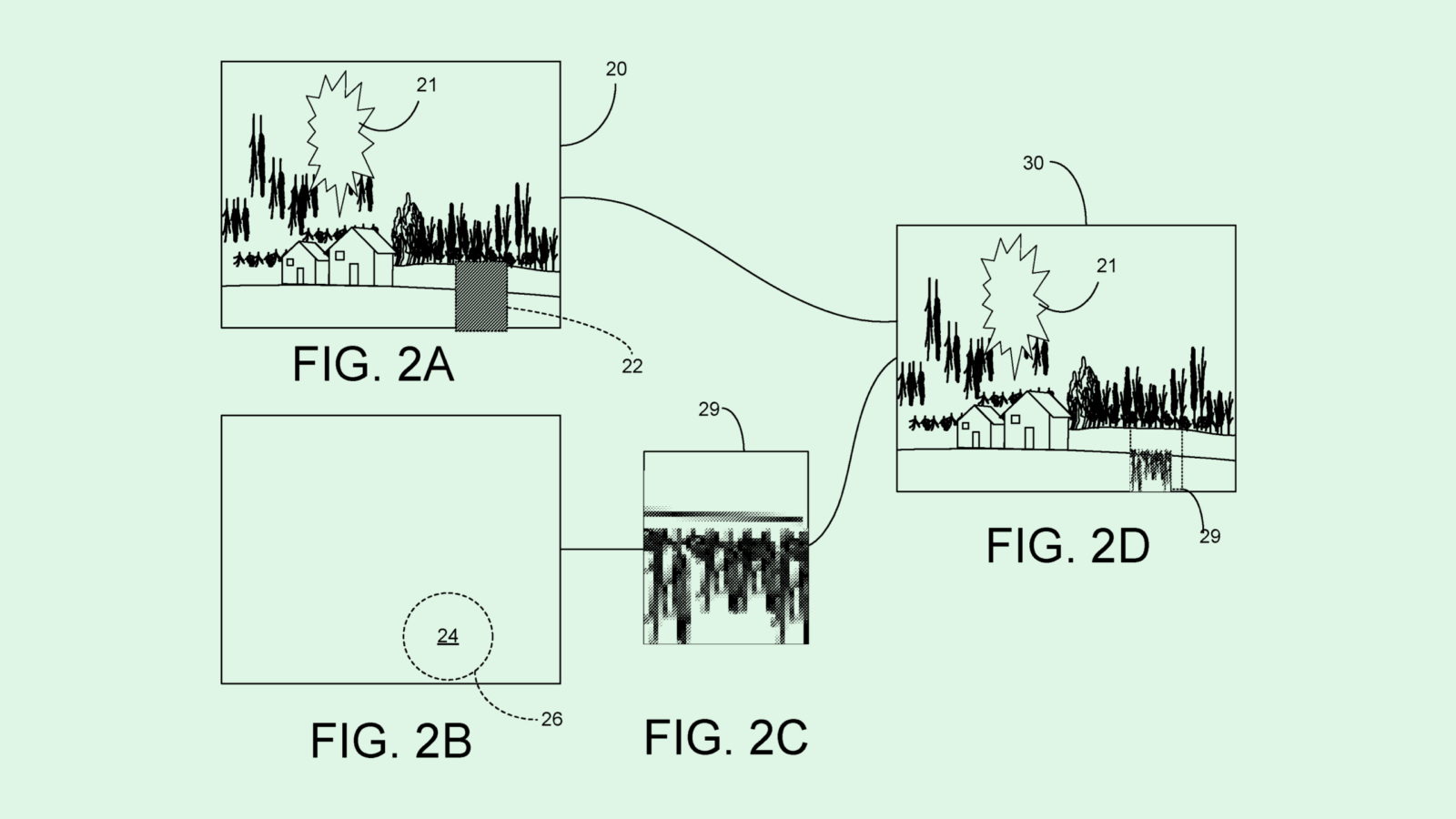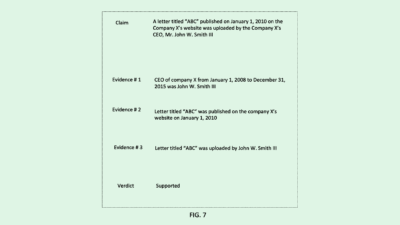Tesla’s Data Protection Patent Could Personalize Robotaxis
But data aside, many have cast doubt on the company’s plan for autonomous ridesharing.
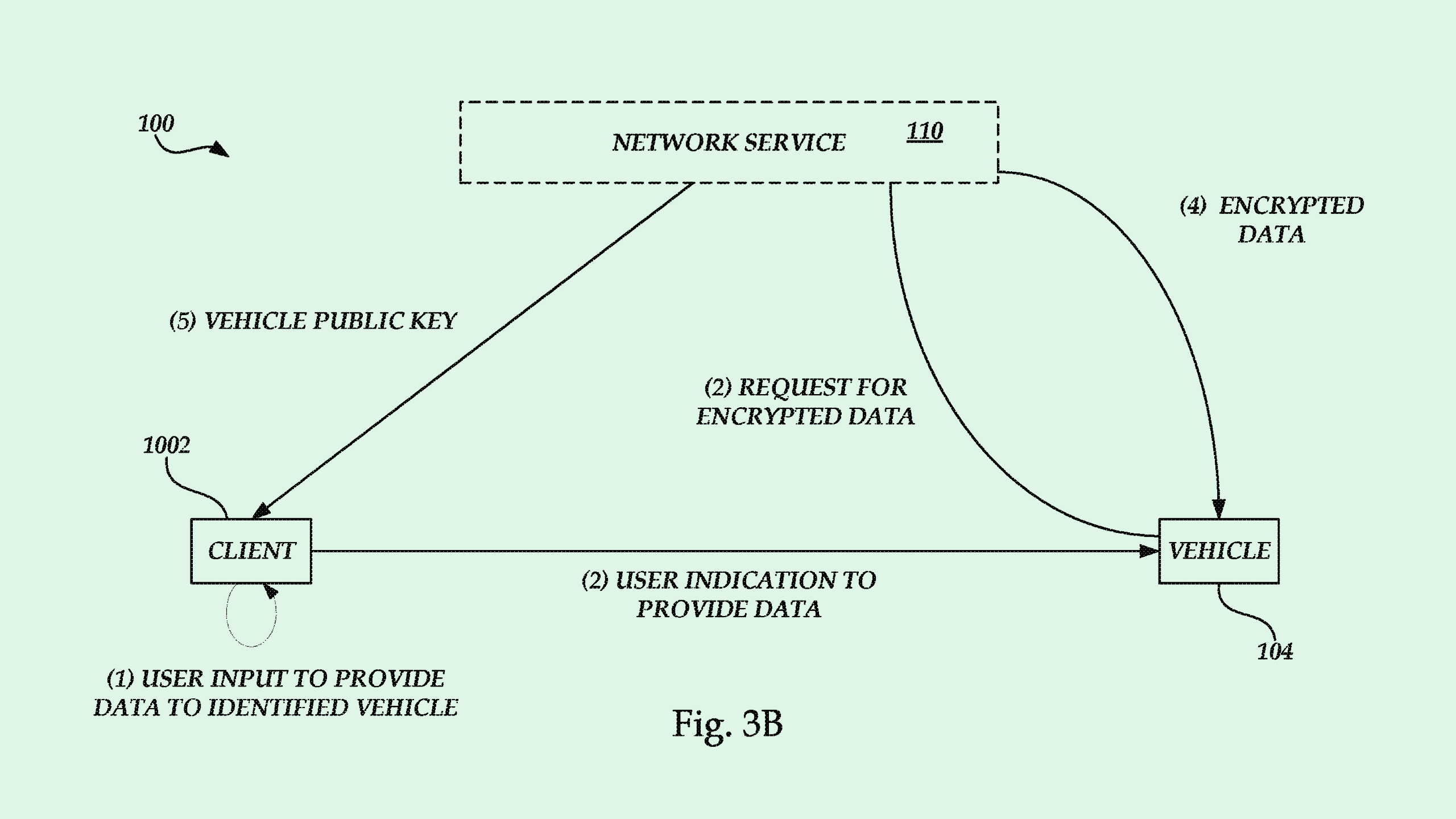
Sign up to uncover the latest in emerging technology.
Tesla wants to personalize the family ride.
The car maker is seeking to patent a system for “encrypted vehicle data access.” Tesla’s tech allows a user to access customizations within a vehicle that may not be solely owned, such as a family or company car, a rental car, or even a taxi or rideshare service.
“‘Shared’ vehicles are typically not customized or configured with a user’s specific information, preferences or operational parameters,” Tesla said in the filing. This requires a user to either input all of their customizations manually or access them from a “central data repository,” which can be subject to “potential security or data breaches.”
Tesla’s system uses a “network service provider” to handle transmission of user data to the vehicle. The user’s data held within said network is encrypted, and the service provider doesn’t have the key to decrypt it. Instead, only the “target vehicle,” or the one in which the user is riding, is able to decrypt that data. Tesla notes that user data in this context is wide-ranging, including financial information, vehicle usage, operational parameters, profile information, and customization settings.
The transmission of this data could happen automatically when the user selects their target vehicle, Tesla noted, based on things like “user proximity to a selected vehicle, utilization of an app (such as a ride sharing app or taxi app) or utilizing search access via a network connection.”
If the user decides to revoke the vehicle’s access to their data — maybe when they complete their ride — the vehicle will automatically delete their information “or otherwise render the information inaccessible.”
Tesla’s goal has long been making vehicles more and more autonomous. That goal requires a whole lot of data, said Tejas Dessai, research analyst at Global X ETFs. Because of this, “over time, companies will continue to seek a broad range of signals beyond on-road visuals to capture the breadth of driving and behavioral information,” Dessai noted.
“We expect Tesla to continue investing heavily in autonomous capabilities as the wider adoption of robotaxis and sophisticated self-driving features in passenger cars reaches an inflection point,” said Dessai.
This also isn’t the first time we’ve seen Tesla take an interest in personalization. The company previously sought to patent a vehicle “personalization system” that collects user data with the goal of a “humanized in-vehicle experience.” This patent would add a layer of privacy to any personal data that its sensor-packed vehicles collect.
The tech in these patents could also come in handy as Tesla continues to plot (and delay) its robotaxi plan, which will allow Tesla owners to rent out their vehicles in exchange for up to $30,000 a year. Keeping personal vehicle owner data private while also allowing riders to customize their rides may increase comfort with adoption, especially given previous reports that the automaker isn’t the most careful with customer data.
But data aside, many have cast doubt on the company’s plan for autonomous ridesharing. Experts told the New York Times that competition is already fierce in the space, and its technology may not be ready to drive people around without someone in the front seat. Uber CEO Dara Khosrowshahi pointed out on a recent podcast that Tesla owners may not want their vehicles to be “be ridden in by a complete stranger.”



